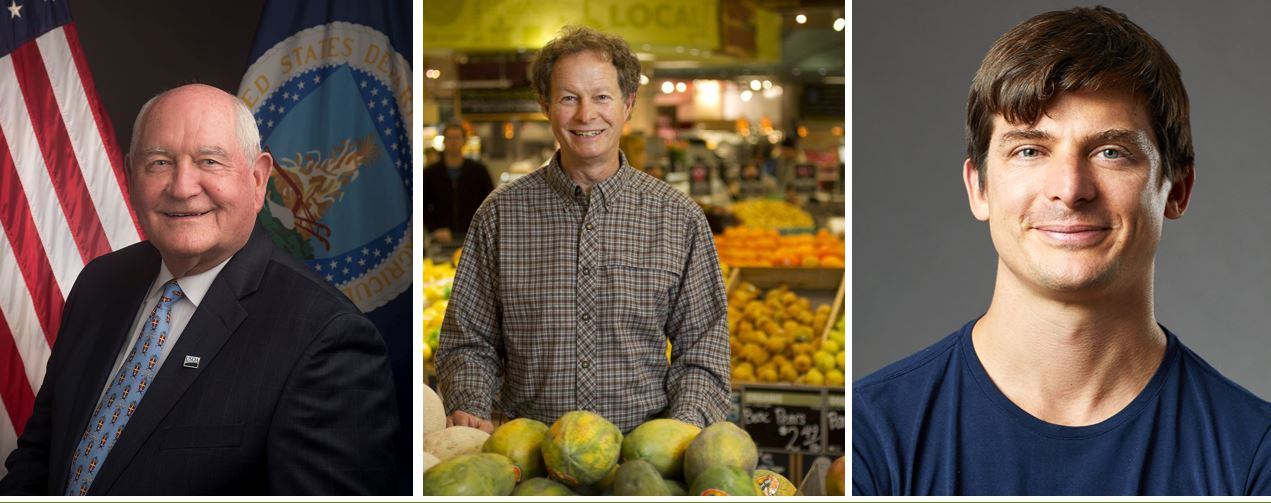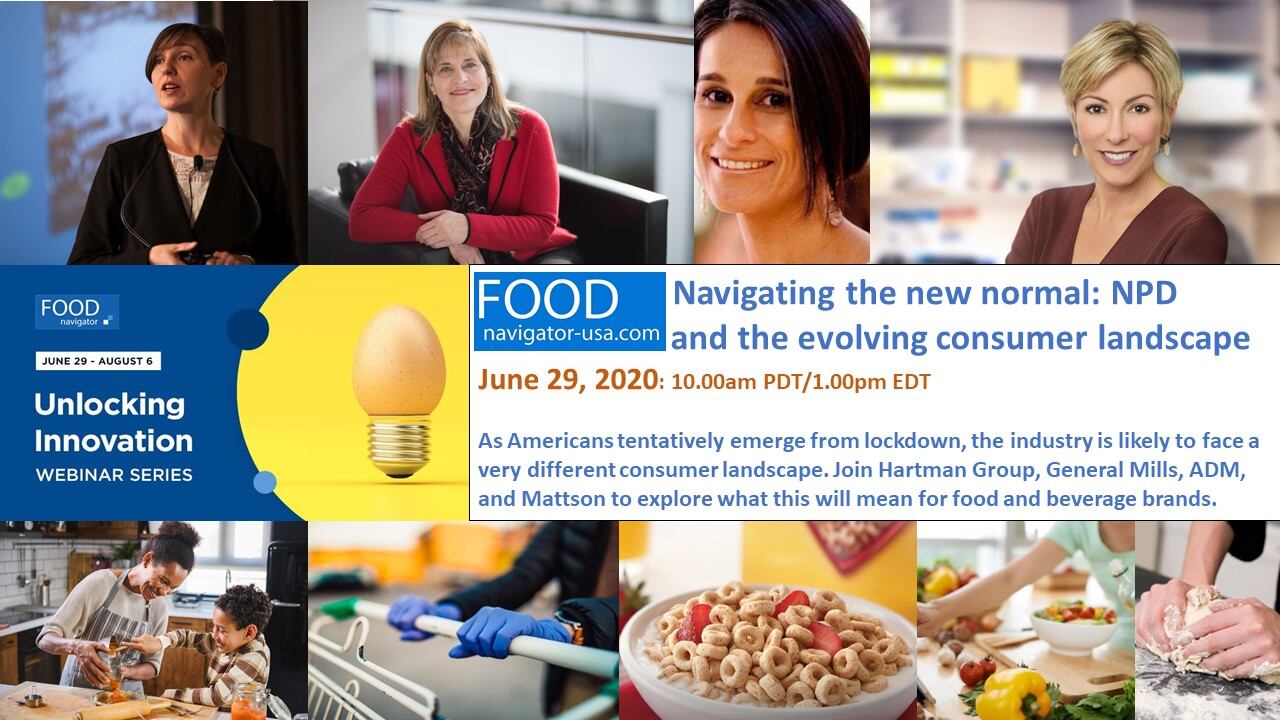Speaking on a panel also featuring USDA Secretary Sonny Perdue and CEO of Eat Just Josh Tetrick, Mackey said:"Tofu was a revolution back in the late '70s and '80s in America. Now, when I try Beyond or Impossible to me, they taste remarkably similar to how I remember meat," said Mackey, a vegan of seventeen years.
"These are done by entrepreneurs that are fundamentally transforming the type of foods we can eat."
It's essential to create an environment in which innovation can thrive, added Tetrick.
"What gives me a lot of hope, is there’s such a fire of entrepreneurship right now. From my perspective, the more that the government can not be a limiting step, that’s step one,."
Speaking about its latest plant-based food innovation, Tetrick revealed that Eat Just would be launching an improved, third version of its plant-based JUST Egg at Whole Foods stores later this year.
Consumers will find the newest version of the plant-based egg to be "cleaner, creamier, and more egg-like" than many chicken eggs, the company claims.
Cell-cultured meat will be huge, say Whole Foods and Eat Just
Tetrick also believes cell-cultured meat to be one of the many ways to get to achieve a healthier, safer, and more sustainable food system.
"Today you call it lab-grown meat, but when it’s made in facilities 400,000 square feet, coming off of the assembly line, it’s going to be clean, large-scale, manufactured meat. It won’t be in a lab anymore," said Tetrick.
"The environmental impact of the meat industry cannot be underestimated. It is very challenging and hence the need for us to innovate towards these cellular-based technologies," added Mackey.
While not explicitly sharing if Whole Foods would be an early adopter of cell-cultured meat, Mackey did say that he believes the technology will transform the meat industry in the next 15 to 20 years.
"I think they’re going to be able to do it cheaper" and without the burden of occupying acres of land and emitting a heavy carbon footprint on the environment, noted Mackey.
However, the industry faces huge hurdles before cell-cultured meat can be commercialized and available for mass consumption, including finding a name that makes sense for consumers and regulators, said Tetrick.
"It is substantively and compositionally meat, so therefore we think it should be called meat," argued Tetrick.
"If you have a chicken allergy, and I give you our [cell-cultured] chicken breast, you’re going to have an allergic outbreak. Just because you don’t have to kill an animal to make doesn’t mean it’s not actually substantively meat."
However, not every change to our food system has to be as novel as cell-cultured meat, Tetrick remarked.
"There are many ways to get to a healthier, safer, more sustainable food system. I don’t think the only way is taking a cell from an animal and identifying nutrients and growing it, or identifying a mung bean that scrambles like an egg," said Tetrick.
"We don't have to make it that complicated. We can also create a level playing field to grow kale like the way we do corn."
Negative side to the food revolution
According to Mackey, the more fundamental issue at play is the major health crisis each consumer faces.
In addition to the transformative innovation seen in the food industry over the past few decades, there is also a glaring downside that must be addressed, noted Mackey.
"On the negative side, the food revolution towards processed foods has been a complete health disaster. We evolved to crave calorie density, and calorie-dense foods taste good, and now we can have them all day long," he said.
"Unless America changes the way it eats, and begins to eat real foods again, we’re going to face a health crisis that weren’t not going to be able to easily get out of," said Mackey.
"We have to become conscious enough to create a healthy diet. Each person has to make that food journey because we have to overcome our food addictions, and that’s not easy to do."




